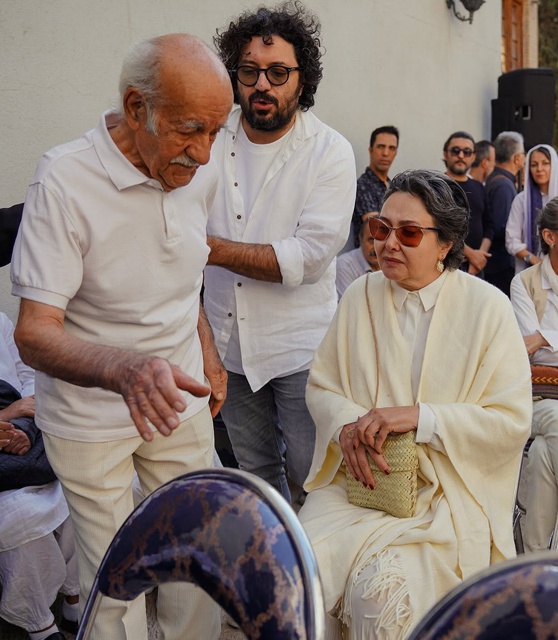For him, southern was a metaphor — a borderland where multiple ethnicities, religions, and histories met. In portraying it, he revealed Iran’s multicultural essence and its internal contradictions. Throughout his career, Taghvai faced significant obstacles — censorship, political restrictions, and production challenges that prevented many of his projects from being realized. Tranquility in the Presence of Others was banned for several years before its eventual release, as its portrayal of military authority and social decay was considered too bold.
Even after the 1979 Revolution, his insistence on creative freedom made life difficult. Many of his scripts were shelved or heavily edited by state censors. Yet Taghvai never compromised his principles. He often worked outside mainstream institutions, relying on small crews, limited budgets, and the loyalty of his actors. This independence, though costly, preserved the authenticity and integrity of his cinema. His defiance made him a moral figure in cultural life — an artist who valued truth over fame, depth over entertainment.


